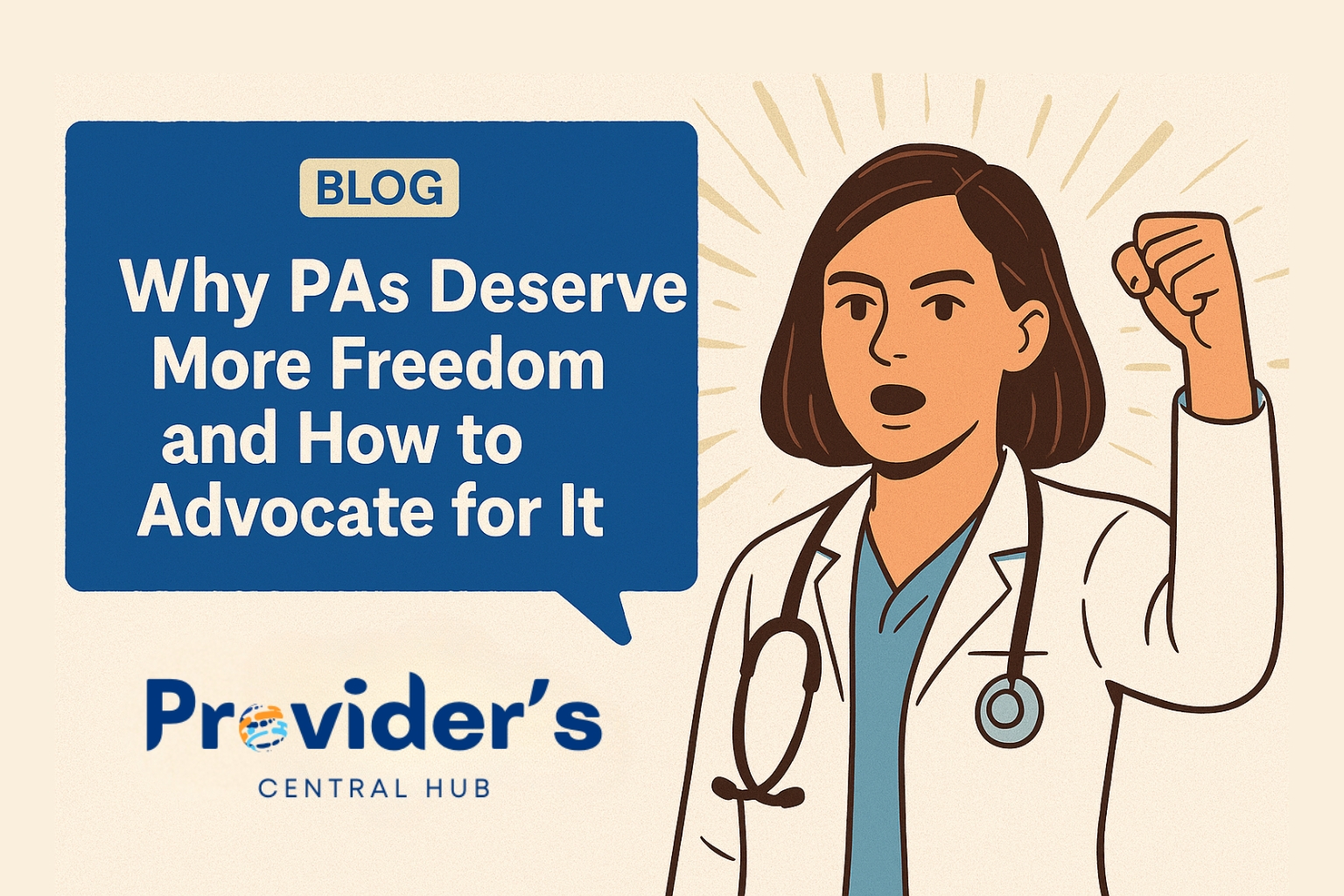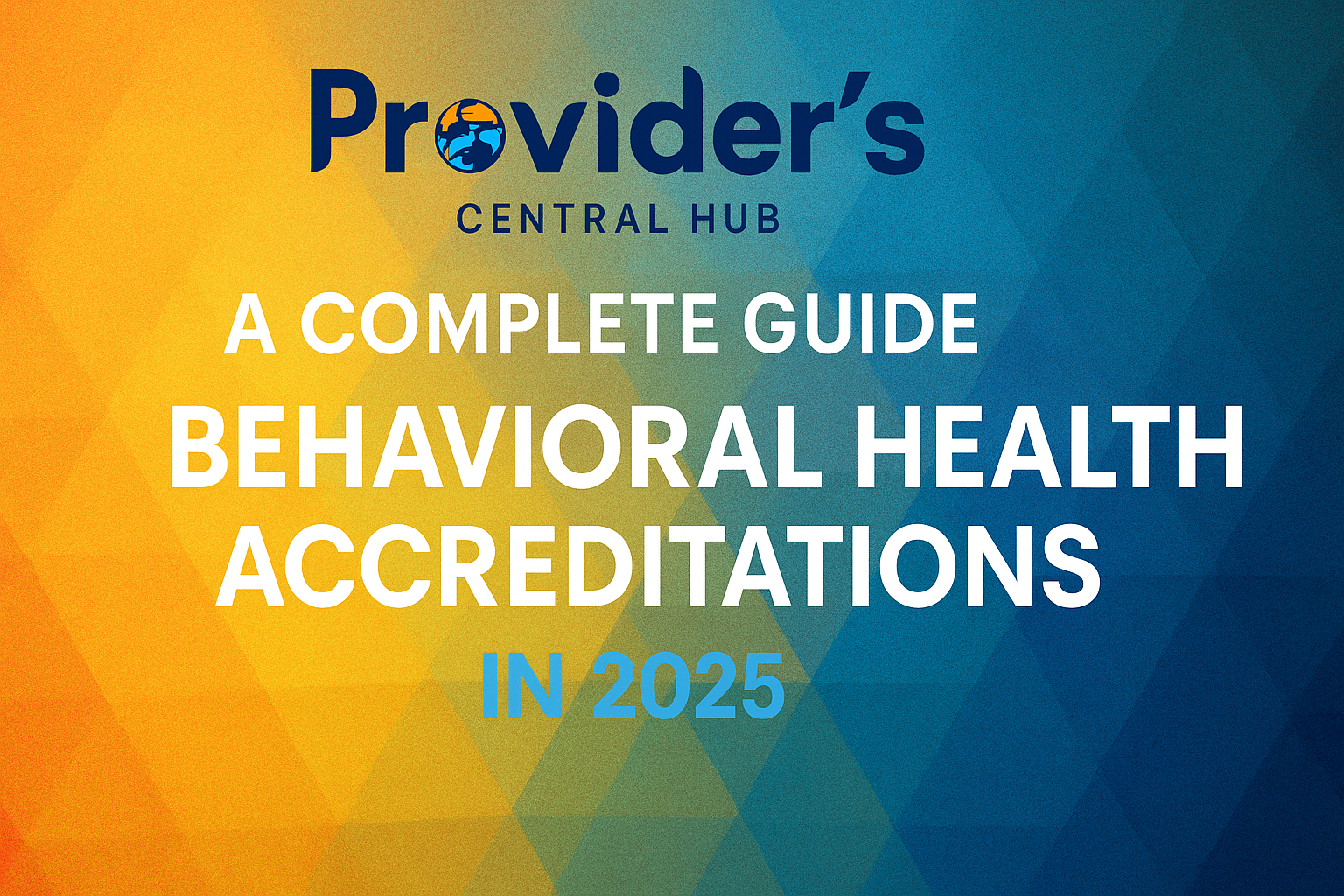Introduction
Palpitations are feeling your heart race or flutter out of nowhere, and it can be unnerving. It may make you think, “Is something wrong with me?”
The truth is, palpitations are usually harmless. They’re surprisingly common and often triggered by things we can control. Let’s talk about how we can deal with them in the home environment.
So, What Are Palpitations?
Palpitations are those sudden moments when you’re super aware of your heartbeat. It might feel like it’s pounding, racing, or skipping a beat. While they can catch you off guard, they’re not usually a cause for concern. Triggers like stress, caffeine, dehydration, or even lack of sleep are often to blame.
There are times when palpitations signal something more serious, but we’ll talk about them in coming articles.
For now, let’s focus on how you can take control.
Step 1: Figure Out What’s Setting Them Off
The first step to managing palpitations is identifying the trigger. Common causes are,
Caffeine and Energy Drinks: Too much caffeine can stimulateyour heart. So, the the obvious step is to try cutting back.
Stress and anxiety: Emotional stress or worry can easily cause your heart to speed up.
Dehydration: If you’re not drinking enough water, your body’s electrolyte balance can get disturbed, which might lead to palpitations.
Medications or Supplements: Some over-the-counter cold medicines or even herbal supplements can cause palpitations.
Keeping a little log of when your palpitations happen and what you were doing before can help you pinpoint the cause.
Step 2: Calm Your Heart Down
Once you feel palpitations starting, it’s natural to want them to stop as quickly as possible. Here are a few tricks that can help:
Take Deep Breaths: Sit somewhere quiet, close your eyes, and focus on your breathing. Inhale deeply through your nose, hold it for a few seconds, then exhale slowly through your mouth. This helps relax your body and can slow your heart rate.
Drink Some Cold Water: A glass of cold water or even splashing some on your face can sometimes “reset” your heart rhythm.
– Vagal Maneuvers: Try coughing or bearing down as if you’re trying to have a bowel movement. These tricks stimulate the vagus nerve, which helps regulate your heartbeat.
Step 3: Make lifestyle tweaks for the long haul.
The best way to manage palpitations is to keep them from happening in the first place. A few small changes can make a big difference:
Eat a Heart-Healthy Diet: Add foods like bananas, spinach, nuts, and fish to your meals. These are rich in potassium and magnesium, which help keep your heart rhythm steady.
Exercise Regularly: Staying active is great for your heart, but don’t overdo it. Moderate exercise, like walking or yoga, is perfect.
Stay Hydrated: Keep a water bottle handy and sip throughout the day to prevent dehydration.
Prioritize Sleep: Your heart needs rest just like the rest of your body. Aim for 7–8 hours of good-quality sleep every night.
Step 4: Know When to See a Doctor
While most palpitations aren’t serious, there are times when you shouldn’t ignore them. Call your doctor if:
They happen often or last longer than usual.
You feel dizzy, faint, or experience chest pain during an episode.
You have a history of heart problems or other health issues.
The Bottom Line
Palpitations are usually just your body’s way of reacting to something like stress or dehydration. By figuring out your triggers, staying calm, and making some simple lifestyle changes, you can take control.
And remember—if something feels off, trust your instincts.




